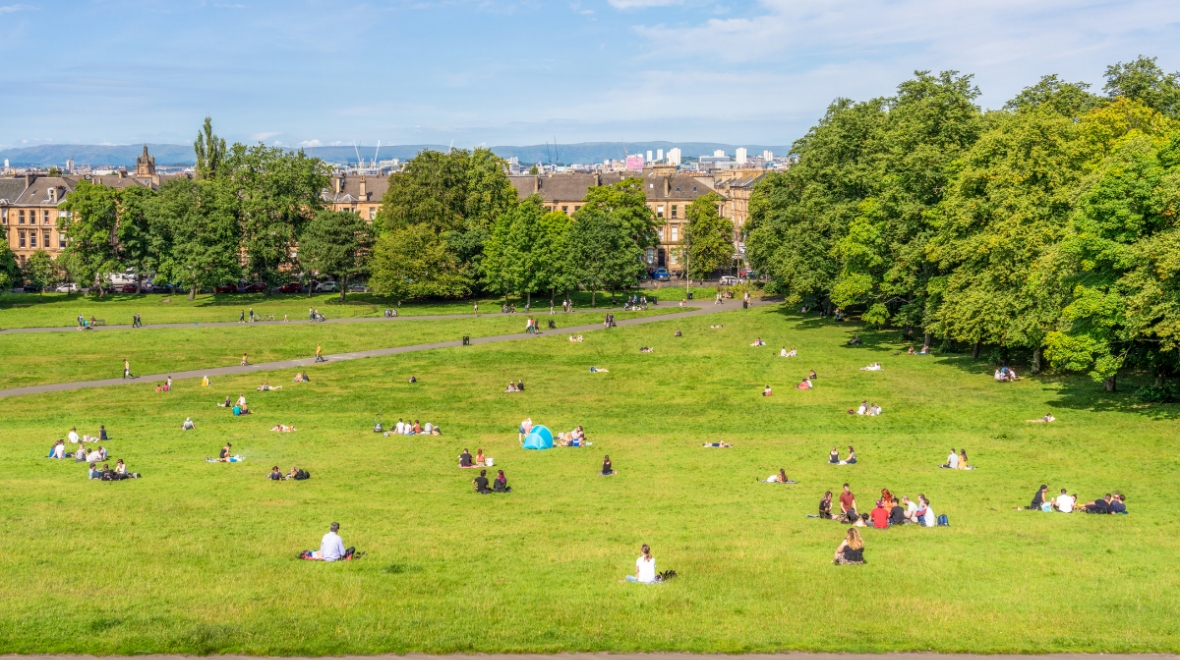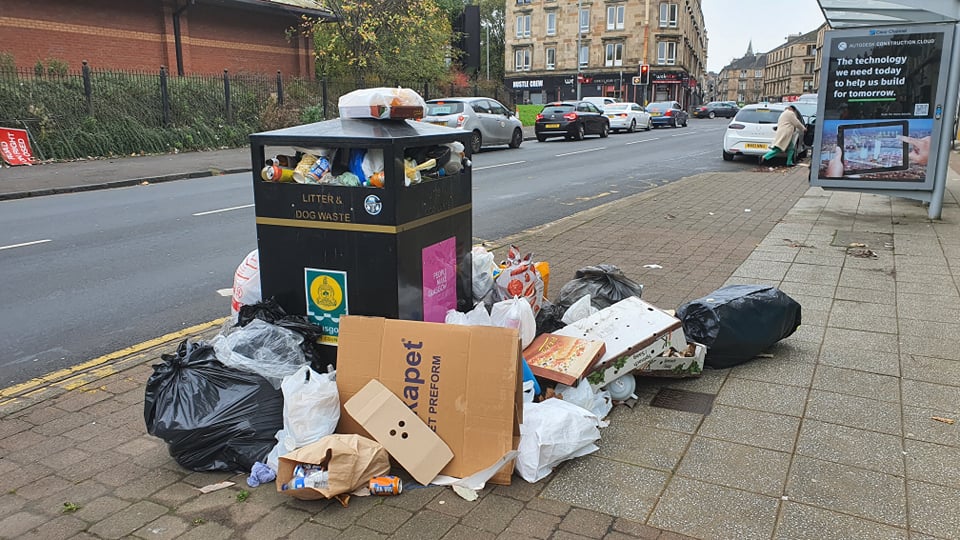Just days after receiving worldwide recognition as one of the best cities in the world to visit, Glasgow has been hit with the unfortunate title of “third-dirtiest in the world”.
Trailing behind only Rome in Italy and New York in the USA, Scotland’s biggest city came third in a poll by Time Out magazine.
Of the Glaswegians who took part, 67% used the word “dirty” to describe their hometown.
It was, however, also recently voted one of the top five best cities in the world to visit – behind Edinburgh, Chicago, and Medellin.
Time Out praised Glasgow’s “burgeoning” dining scene, with a second-to-none nightlife and some of the world’s friendliest people to boot.
 iStock
iStockThe city’s “vast” greenspace was also ranked high on the pros list, remaining second-to-least likely to be described as expensive.
It comes just weeks after immediate action to combat mess in Glasgow’s “problem areas” was announced by the council, starting with deep cleaning of Greater Govan, Blairdardie, Ruchazie and parts of the city centre.
The city’s streets have been a contentious issue for quite a while, with calls to action coming to a head during last year’s COP26 when rubbish piled up as bin collectors and street cleaners went on strike.
Labelled by some as a “public health disaster”, Glasgow’s streets continued to get messier as the city council’s cleansing department was affected by staff absences due to illness throughout the coronavirus pandemic.
Air pollution also plagues the city centre, with environmental campaigners stating in January that Hope Street had breached legal limits for fuel pollution in 2021 – making it the most polluted street in Scotland that year.
A spokesperson for Glasgow City Council said: “We are implementing our plan to recover from the impact of the pandemic and we are seeing improvement in the cleanliness scores for the city.
“In addition to the regular street cleansing service, our newly appointed deep clean teams will be working their way through every city ward to deal with weeds, hard to reach litter and grime, fly-posting and other issues that have built up over the past two years.
“We’re also targeting investment at fly-tipping enforcement, weeks of action in priority neighbourhoods and back courts and back lanes where environmental issues can exist.
“Unfortunately a small minority of people do not dispose of their waste appropriately and that can have a negative effect on how people feel about their local environment.”
Follow STV News on WhatsApp
Scan the QR code on your mobile device for all the latest news from around the country


 STV News
STV News

























